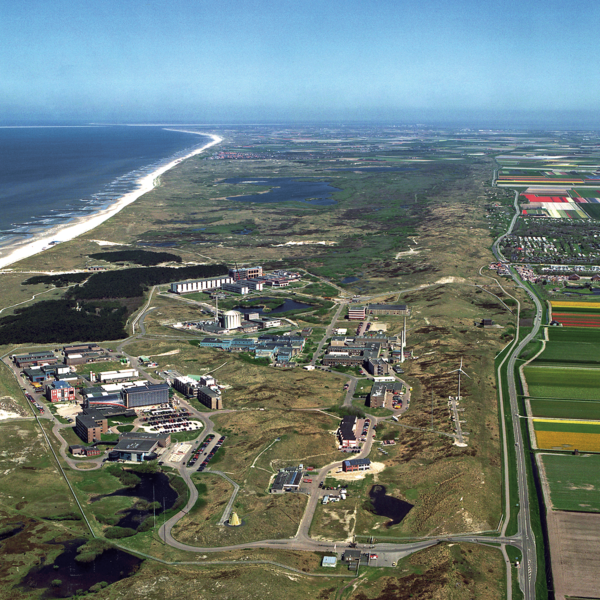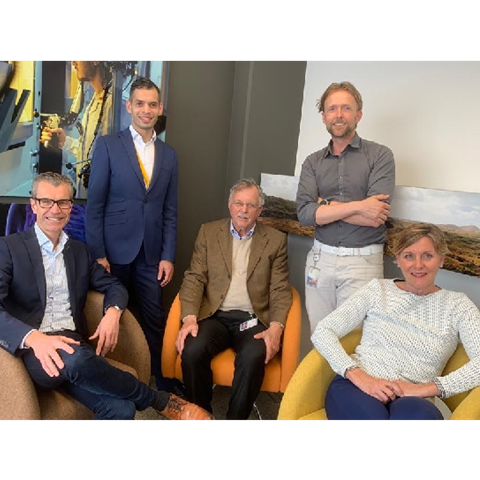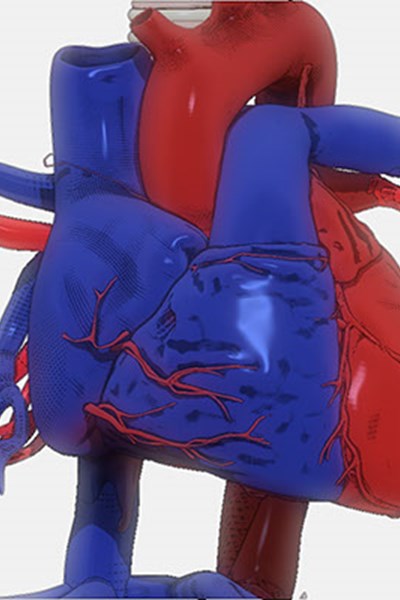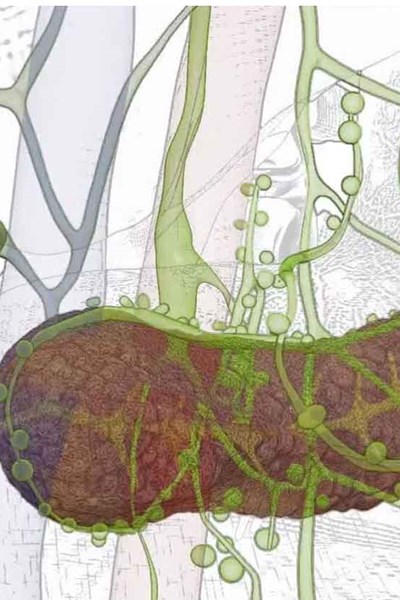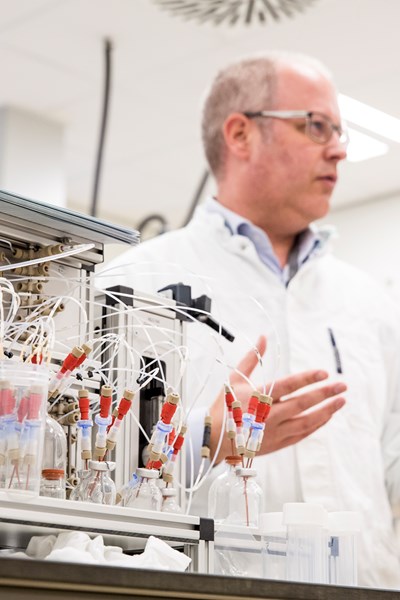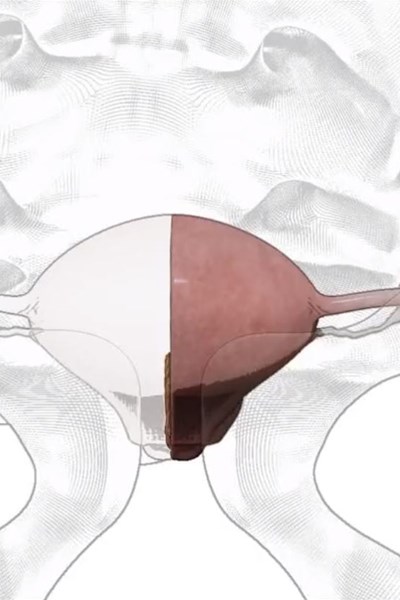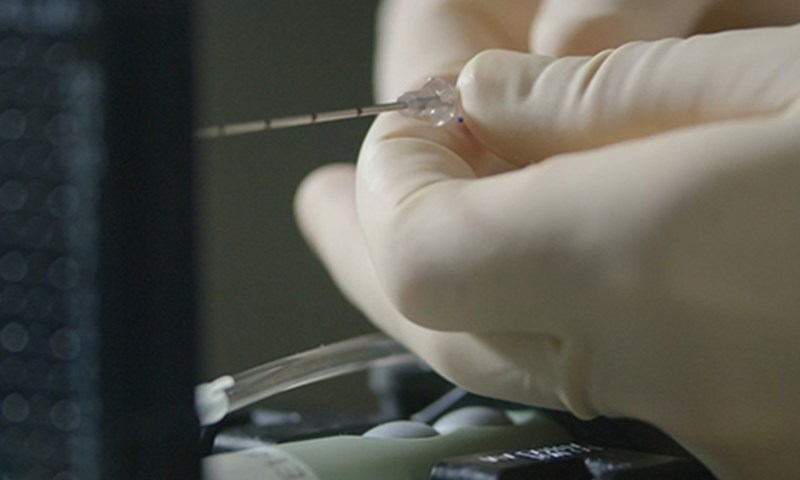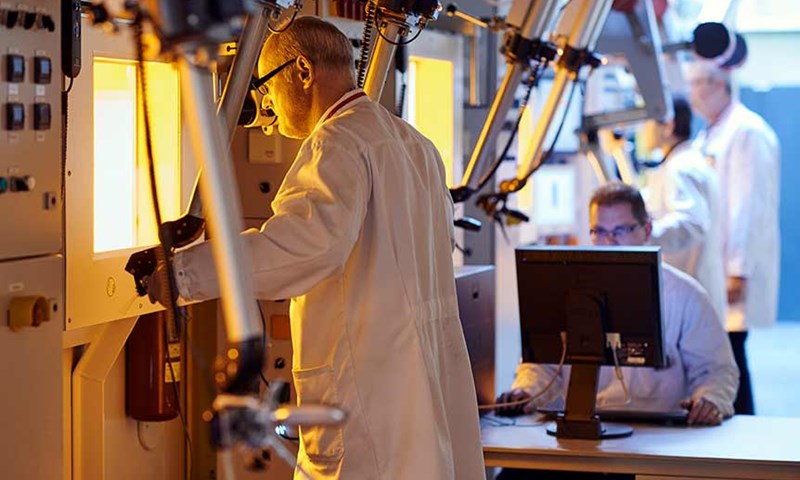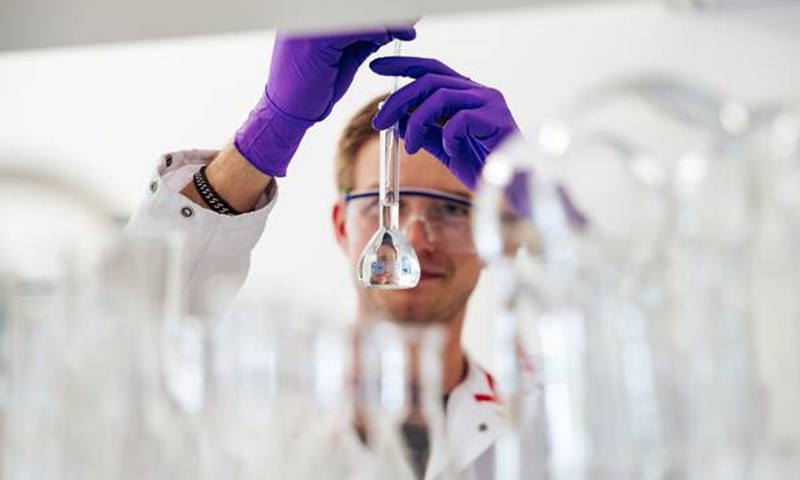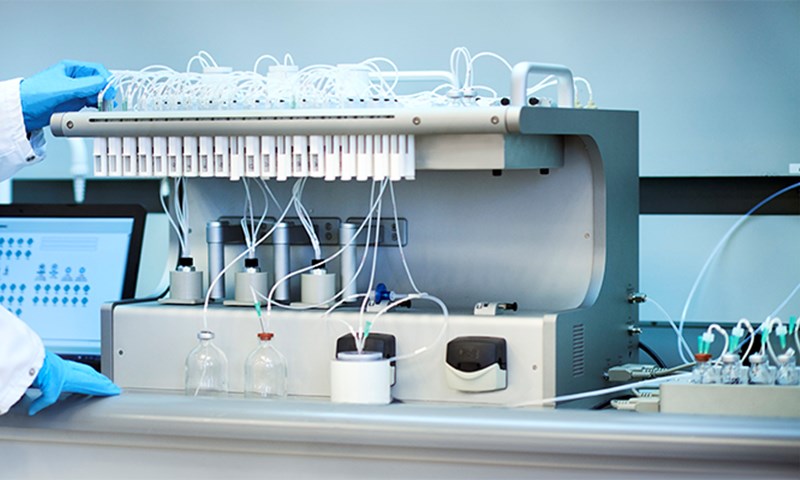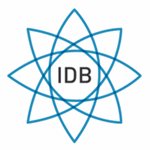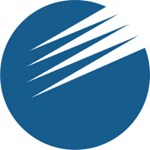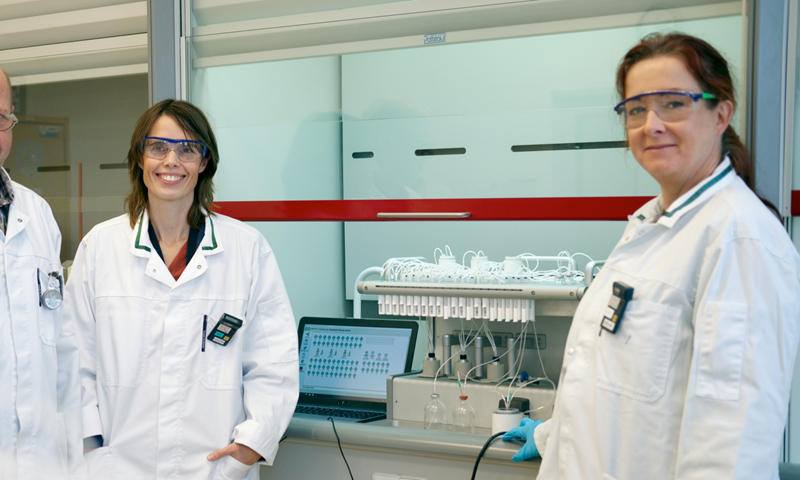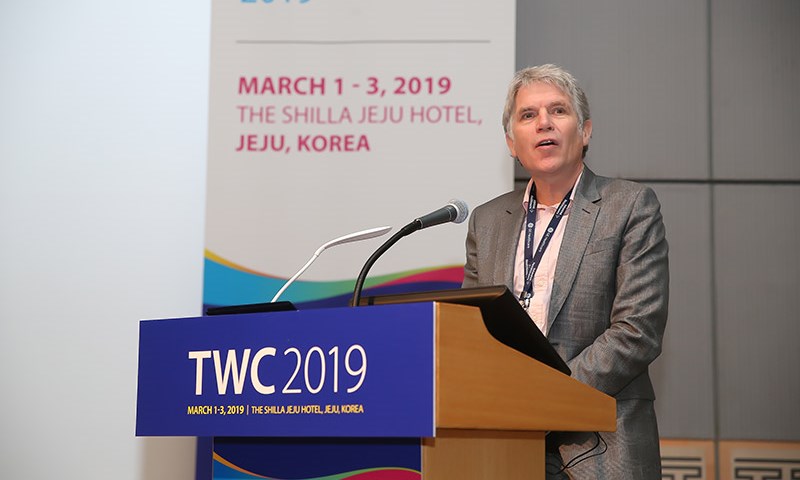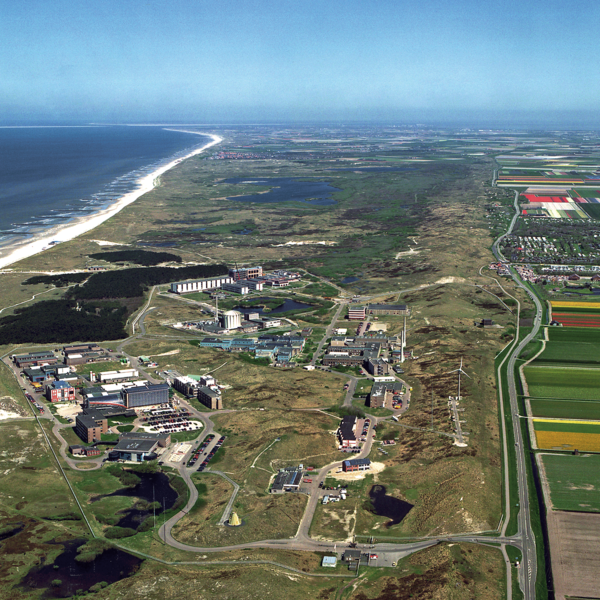Advancing Nuclear Medicine
- 30.000 patients daily
- 1 hour away from important European airport
- Europe's most complete nuclear infrastructure
In a nutshell
Some of our success stories
In 2017, there was suddenly a worldwide shortage of iodine-125, used for brachytherapy for prostate cancer, because one of the large producers was temporarily shut down. McMaster & NRG joined forces for global supply.
Producing medical isotopes using only low enriched uranium? After a challenging design process, Curium and NRG are the first in Europe to produce molybdenum-99 with low enriched uranium. Recognizing the commitments made during the Nuclear Summit 2014, to phase out high enriched uranium (HEU) based medical isotopes.
A complex project has been brought to a successful conclusion: the development and installation of a production process for xenon-133 gas.
CISSPECT DESK-LAB represents a great leap forward for the development of radiopharmaceuticals and personalised drug discovery. Recently, we have developed the world’s first fully automated synthesis module, CISSPECT DESK-LAB, for the synthesis of Pt-195m cisplatin and other platinum compounds
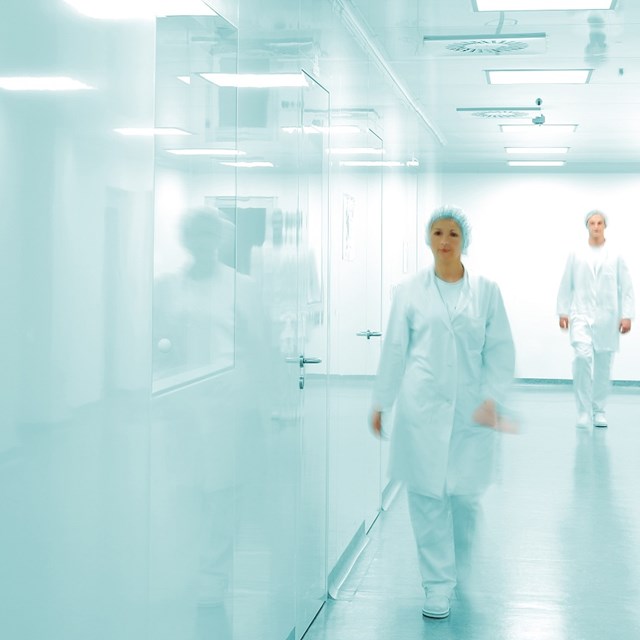
FIELD-LAB: an innovative partnership for the development of nucleair medicine!
FIELD-LAB is a partnership that aims to convert knowledge into new medical solutions. The aim is to accelerate the process from development to the production of nuclear therapies for cancer patients.
- Supply of radiochemical solutions and radiofarmaceuticals to laboratories
- Both research and GMP grade
- Creation of radiochemical processes using innovative isotopes
- Collaboration between academic and industrial partners
- Portal to a fast-growing network with an open innovation culture
Advancing Nuclear Medicine
NRG Advancing Nuclear Medicine cares for the well-being of people worldwide. Especially for their health. We wish people to live longer, be more vital and feel happier. We believe everybody should have access to advanced treatments. New highly targeted treatments will cause less side effects and improve the quality of life.
We provide solutions to advance nuclear medicine ranging from complete irradiation services for medical isotope production, to access to R&D resources & commercial processing.
Publications
FIELD-LAB is the incubator for new nuclear medicines. Together with partners Field-LAB Developt new nuclear medicines for personalised treatment of cancer patients.
Despite many innovative developments in nuclear medicine, bringing the nuclear end product to the physician and thus the patient, remains a long-term and (therefore) often frustrating mission. Hopefully, this will not be the case any longer, according to physicist dr. Mark Konijnenberg of the department Radiology and Nuclear Medicine, Erasmus MC in Rotterdam.
test
